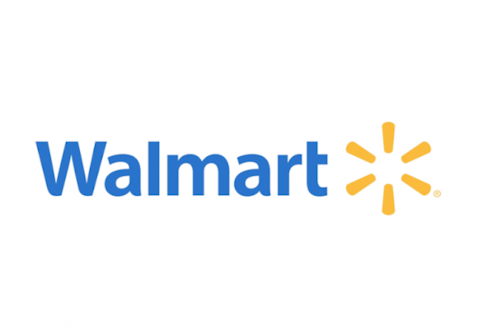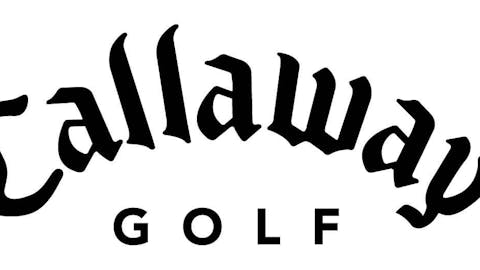In 2010, 4,157 people died in workplace incidents in the U.S. That was a good year — from 1993 to 2007, we lost more than 5,000 workers every year. Earlier this year, 1,100 people died in one incident in a factory in Bangladesh. Three months of American death in a matter of hours.
As investors we have a seemingly never-ending list of responsibilities to ourselves, our children, our communities, etc., but the obligation — and it is an obligation — to moral investing often gets left out. That’s bad news.

Morality plays a clear role in our investments, even if we don’t believe it. We’ll talk about the gray areas in a second, but first let’s make the broader point. Suppose you’re approached by a terrorist operative in the U.S. tomorrow. He says he needs a bit of cash and he’s willing to pay for the use. You just need to lend him some cash and he’ll pay you back, plus top it off with 20% at the end of the week.
You’re turning that down. There’s not enough interest in the world to tempt you into intentionally funding international terror cells. That’s a clear-cut case where morality trumps economics. No sane person is going to say, “Well, they’re going to get the money anyways, so I might as well make a cut.” That’s not how it works.
On the other hand, let’s think charity. There is something near and dear to you — for me it’s children’s hospitals — that you’ll give money to regardless of the personal monetary outcome. Again, our personal economics are trumped by moral decisions. Those seem like good baselines to dive into the gray from.
It only gets more difficult
The problem with retailers is that their supply chains often extend to lengths that make it difficult to ever say where something ultimately comes from. Just looking at an investigative report done by Al Jazeera into Wal-Mart Stores, Inc. (NYSE:WMT)’s involvement with factories in Bangladesh brings the problem into focus.
(Run-on sentence warning… ) As far as anyone can tell, Wal-Mart Stores, Inc. (NYSE:WMT) contracts with suppliers who contract with representatives who work with factories that are supposed to be registered with Wal-Mart Stores, Inc. (NYSE:WMT) but that sometimes send work out to other factories without telling the suppliers or without the suppliers telling Wal-Mart, or maybe Wal-Mart Stores, Inc. (NYSE:WMT) is simply being willfully ignorant. Because there are so many steps between an order being placed and products arriving, it’s almost impossible to assign blame for anything.
Do investors take the risk that the company is complicit? Would it matter to investors if the potential problem wasn’t child labor violations but funding terrorism instead?
Before it was consumed by Wells Fargo & Co (NYSE:WFC), Wachovia was so lax in policing its own accounts that it ended up being a thruway for Mexican drug cartels who needed to launder money. The company processed hundreds of billions of dollars of transactions between 2004 and 2007 in a manner that gave “international cocaine cartels a virtual carte blanche to finance their operations,” according to a federal prosecutor. The bank is not the first to be involved in illegal and immoral trading, nor will it likely be the last.
What can we do?
There are two major paths that investors can take. First, you could pretend that investing is somehow different from everything else you do in your life. You can say that you’re not going to give that homeless guy a dollar because he might buy booze and then turn around and drop two grand into Wal-Mart Stores, Inc. (NYSE:WMT) because you can’t be sure they’re culpable in human rights violations. That’s the first path — let’s call it the “self-deluding” path.
The second path — let’s just call it the “better” path — is to invest only in things that you can see from start to finish. While few publicly traded retailers fall into this category, there are some winners. One of the most interesting examples of transparency that I’ve seen comes from NIKE, Inc. (NYSE:NKE).
The apparel company took heat for years due to its association with sweatshops. In an effort to fix what ailed it, the company increased oversight and started publishing a list of every factory that it works with. It now hosts a website where concerned consumers can click through a map of the globe and see each and every factory, what’s produced there, and what the gender division is among workers.
Does that mean that abuses don’t happen or that NIKE, Inc. (NYSE:NKE) is saintly? Of course not. What it means is that I feel good giving my money to a company that’s trying to do it right, and that is working to do better. Admittedly, you could make the same claim about Wal-Mart Stores, Inc. (NYSE:WMT). That’s the nature of the gray area: There are no well-defined lines. Even so, we all need to draw one for ourselves and we have to stop pretending that none exist.
For companies, the risks are high when litigation comes into play, but the rewards for cleaning up your act can be high, as well. NIKE, Inc. (NYSE:NKE) has had an excellent run (ha!) since it made the shift to transparency. The company broke its silence in 2005, opening up about its manufacturing and supply chain. Since then, it has beaten out the S&P 500 by almost 200 percentage points. On the other side of the coin, you only need to look to the litigation costs involved in the banks’ recovery from the crisis. The current tab sits at over $65 billion. If the dichotomy between the two approaches doesn’t convince you, nothing will.
The article A Case for Morality in Investment originally appeared on Fool.com and is written by Andrew Marder.
Fool contributor Andrew Marder has no position in any stocks mentioned. The Motley Fool recommends Nike and Wells Fargo. The Motley Fool owns shares of Nike and Wells Fargo.
Copyright © 1995 – 2013 The Motley Fool, LLC. All rights reserved. The Motley Fool has a disclosure policy.



